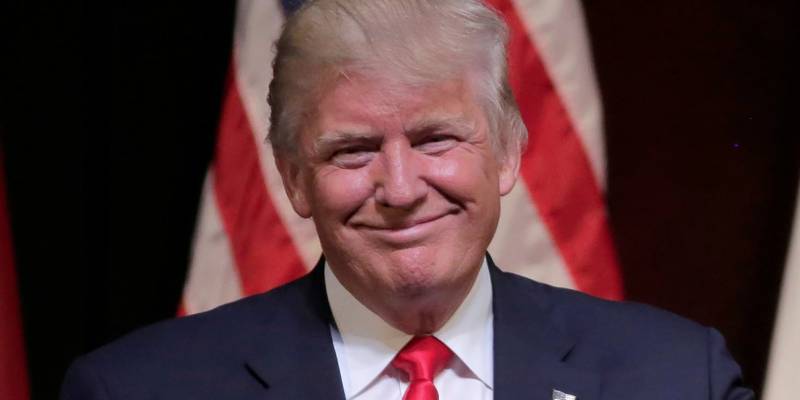Washington (Reuters): The US Electoral College on Monday certified Donald Trump as the 45th president, despite a last-ditch effort to deny him the White House.
Trump, who is set to take office on Jan. 20, garnered more than the 270 electoral votes required to win, even as at least half a dozen U.S. electors broke with tradition to vote against their own state’s directives, the largest number of “faithless electors” seen in more than a century.
The Electoral College vote is normally a formality but took on extra prominence this year after a group of Democratic activists sought to persuade Republicans to cross lines and vote for Democratic nominee Hillary Clinton. She won the nationwide popular vote even as she failed to win enough state-by-state votes in the acrimonious Nov. 8 election.
Protesters briefly disrupted Wisconsin's Electoral College balloting. In Austin, Texas, about 100 people chanting: “Dump Trump” and waving signs reading: “The Eyes of Texas are Upon You” gathered at the state capitol trying to sway electors.
In the end, however, more Democrats than Republicans went rogue, underscoring deep divisions within their party. At least four Democratic electors voted for someone other than Clinton, while two Republicans turned their backs on Trump.
With nearly all votes counted, Trump had clinched 304 electoral votes to Clinton's 227, according to an Associated Press tally of the voting by 538 electors across the country.
"I will work hard to unite our country and be the President of all Americans," Trump said in a statement responding to the results.
The Electoral College assigns each state electors equal to its number of representatives and senators in Congress. The District of Columbia also has three electoral votes. The votes will be officially counted during a joint session of Congress on Jan. 6.
When voters go to the polls to cast a ballot for president, they are actually choosing a presidential candidate's preferred slate of electors for their state.


